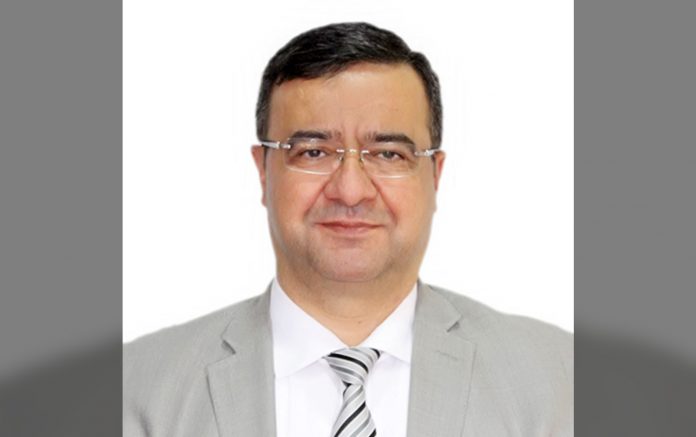By Abdul Rahman Jazieh, MD, MPH
Posted: August 19, 2020
Countries in the Middle East and North Africa region have significant variation in their socioeconomic status, healthcare resources, infrastructure, and approaches to healthcare provisions. The burden of lung cancer in these countries is huge, and it is only going to increase in the foreseeable future. There is variation in access to diagnostic tests and therapeutic interventions, which certainly will be reflected in patient outcomes.1 Seeing the curve of mortality from lung cancer going down in the United States gives us hope and assures us that beating the disease, while difficult, it is not an impossible task.2 Certainly there is no one-size-fits-all answer to achieve this, but there are clear actions and interventions that will make a difference—albeit in the long run—in lung cancer outcomes. These steps are listed below.
- Develop a reliable and timely database on lung cancer incidence, patterns of presentation, and outcomes. To measure our success, redirect our resources, and understand the magnitude of the problem, we need reliable registries and real-world data—not just the incidences of lung cancer, but practice patterns, treatment outcomes, and other variables.
- Take a multipronged approach to allocate resources and prevention efforts through systematic and effective tobacco control, which will reduce lung cancer incidence down the road. Educating healthcare professionals for early detection and indications for lung cancer screening will help detect early, more curable disease.
- Adopting a personalized medicine approach is essential. It is the standard of care, and it can improve patients’ survival significantly, with better quality of life. Doing so requires establishing a reference laboratory in each country or district to perform next-generation sequencing on all patients with metastatic non-squamous NSCLC. Until that is established, referral to a regional or international laboratory will serve as an interim solution. Partnership with industry may help defray some of the cost of testing.
- Improve access to certain medications that go beyond the essential list of medications, such as targeted therapies and immunotherapies. With 25% to 30% of patients surviving beyond 5 years on checkpoint inhibitors3 and the significant improvement in outcomes seen with various targeted therapies, healthcare authorities should explore all opportunities to improve access to these therapies.
- Implement various interventions that will enhance the quality of care delivered to patients with lung cancer such as adherence to evidence-based guidelines and pathways, multidisciplinary team approaches, and integration of palliative care early on.
- Finally, contribute to world efforts in generating new knowledge by conducting research studies, whether they are interventional, epidemiologic, or based on real-world data. Collaborations across institutions and borders is important to generate stronger and more generalizable conclusions.
Implementing this roadmap is complex and requires resources, efforts, and, most importantly, the will to implement this type of strategy. This is not the oncology community’s job; it requires the involvement of many stakeholders including government and healthcare authorities, community and patient advocacy groups, non-governmental organizations, healthcare organizations and professionals, and industry.
About the Author: Dr. Jazieh is a professor and chairman in the Oncology Department, Ministry of National Guards, Riyadh, Kingdom of Saudi Arabia.
References:
1. Jazieh AR, Algwaiz G, Errihani H, et al. Lung Cancer in the Middle East and North Africa Region. J Thorac Oncol. 2019;14(11):1884-1891.
2. Siegel RL, Miller KD, Jemal A. Cancer statistics, 2020. CA Cancer J Clin. 2020;70(1):7-30.
3. Garon EB, Hellmann MD, Rizvi NA, et al. Five-year overall survival for patients with advanced non-small-cell lung cancer treated with pembrolizumab: Results from the phase i KEYNOTE-001 study. J Clin Oncol. 2019;37(28):2518-2527.











